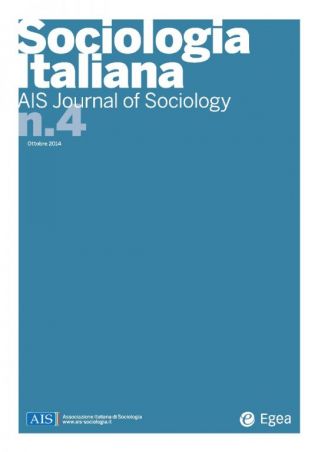AIS
2014/4
Legge 4/2013: tra conquiste e compromessi (Law 4/2013: progress made and compromises reached), di Patrizia Magnante
Il frastagliato mondo delle professioni in Italia vede l’approvazione di una legge – la 4/2013 – che per la prima volta considera professionisti anche coloro che non hanno un Ordine o un Collegio cui iscriversi. Per molto tempo tali professionisti si sono spontaneamente organizzati in Associazioni ed hanno saputo cogliere le sfide di una società sempre più complessa. La necessità di garantire trasparenza è stata una delle leve più importanti per l’elaborazione di tale Legge che, tuttavia, non riconosce ufficialmente il ruolo determinante che, nel corso degli anni, hanno svolto le Associazioni. Ciò nonostante queste avranno un compito fondamentale nel contribuire a stabilire percorsi formativi che dovranno tener conto non solo del contesto italiano, ma anche delle norme che nel futuro saranno elaborate a livello europeo e internazionale, in uno scenario sempre più caratterizzato dal libero scambio di professionisti a livello mondiale.
Law 4/2013: Progress Made and Compromises Reached
Within the complex panorama of the various professions in Italy, Law 4/2013 now means that occupational categories not governed by an official Order or Society can also be considered on a par with the established professions. For a long time these professionals set up their own Associations to face the challenges of an increasingly complex society. The need to guarantee transparency was one of the most important reasons for drawing up this law, yet despite this, it does not officially acknowledge the decisive role that Associations have played over the years. Nonetheless, these Associations will play an essential role in contributing to determining training programmes that will have to take account both of the Italian context and future European and international provisions, in a context set to be increasingly characterised by the free movement of professionals around the world.
Keywords: Professioni, Legge 4/2013, Ordini, Certificazione, Mercato del lavoro, Professions, Law 4/2013, Orders, Certification, Job market
DOI: 10.1485/AIS_4_2014_FOCUS_3
Pagine 143-158
L'ACCESSO A QUESTO CONTENUTO E' RISERVATO AGLI UTENTI ABBONATI
Sei abbonato? Esegui l'accesso oppure abbonati.
